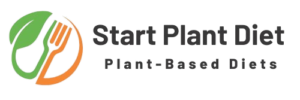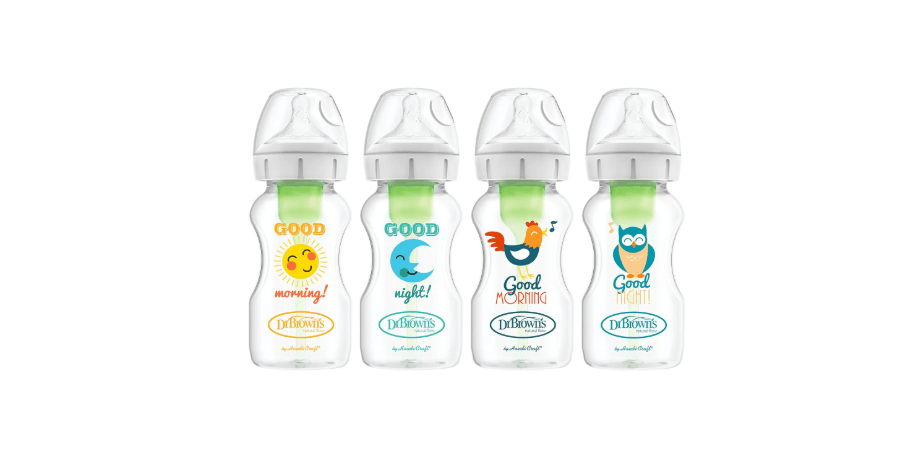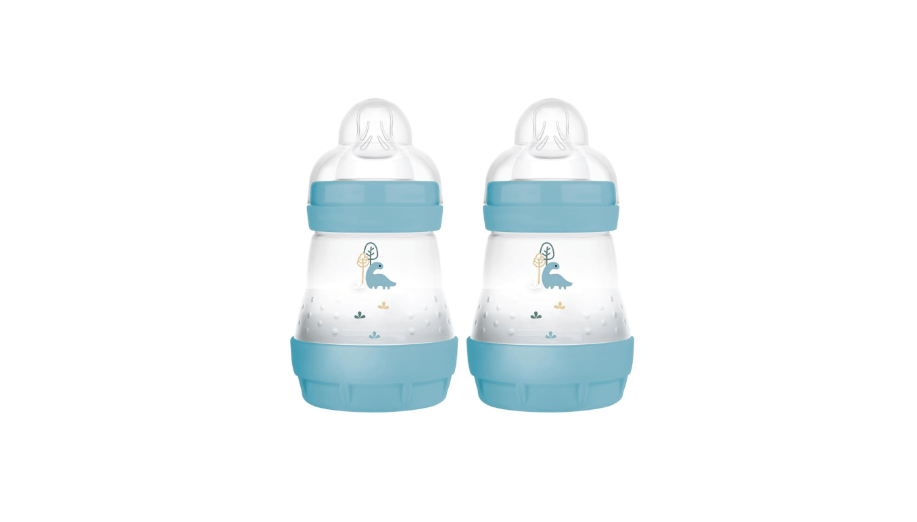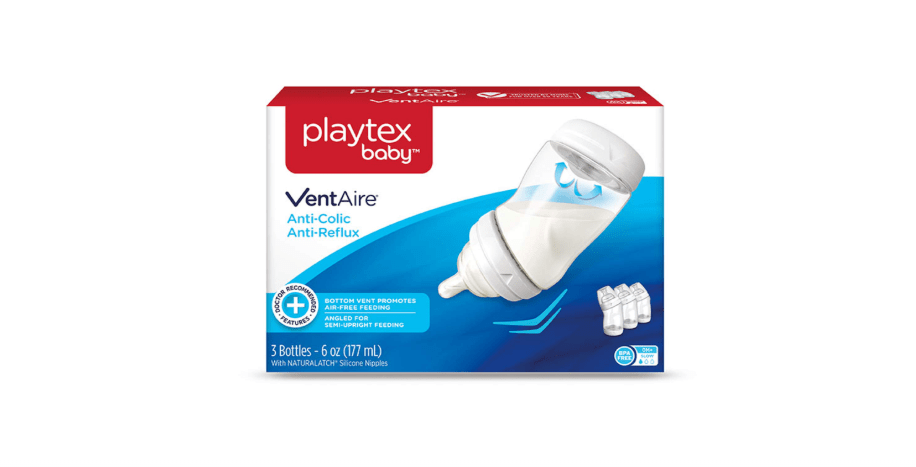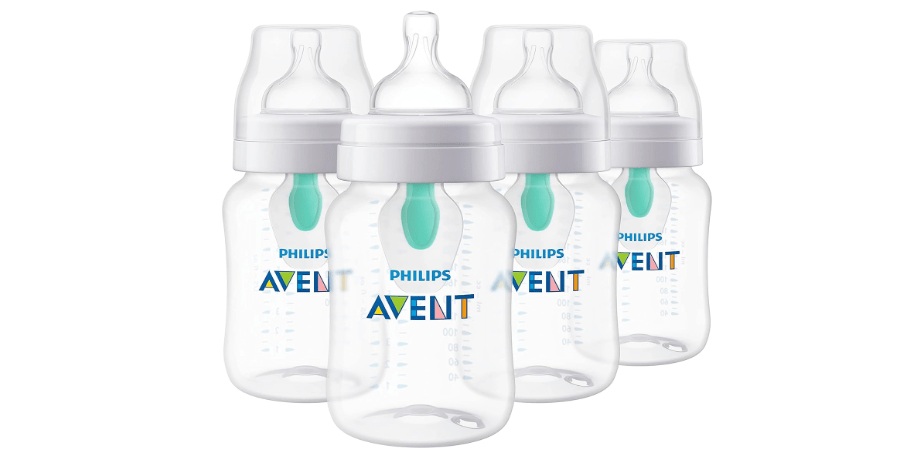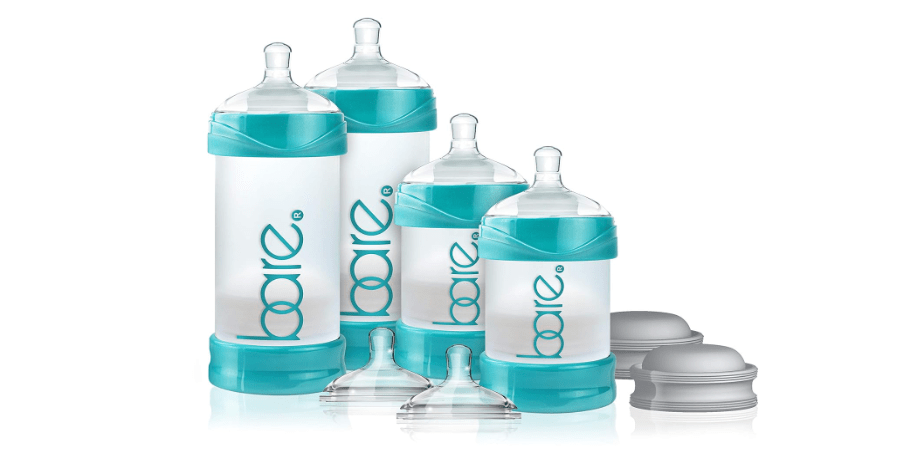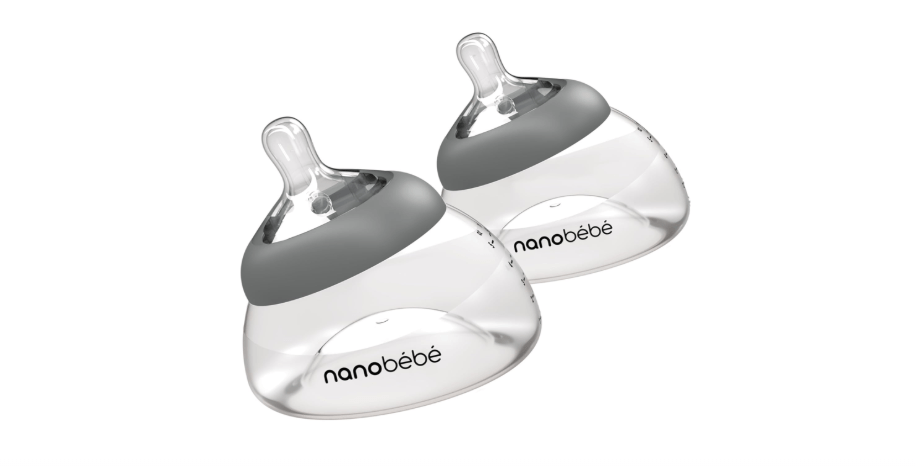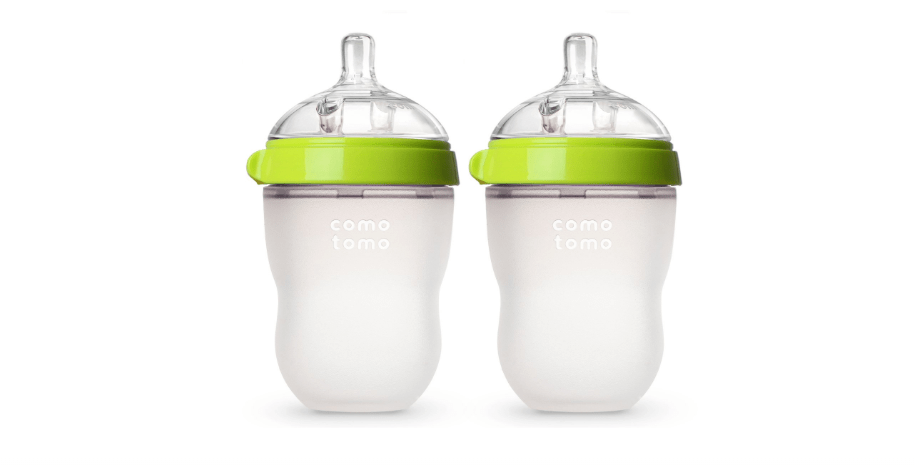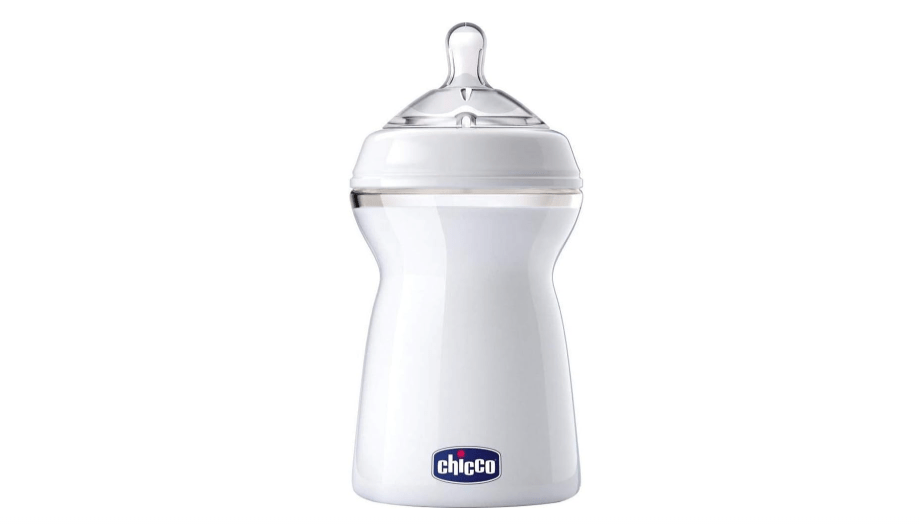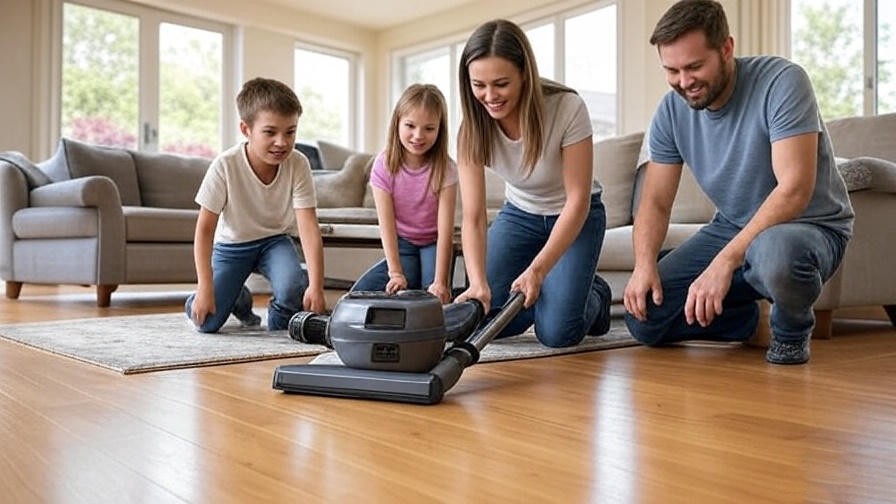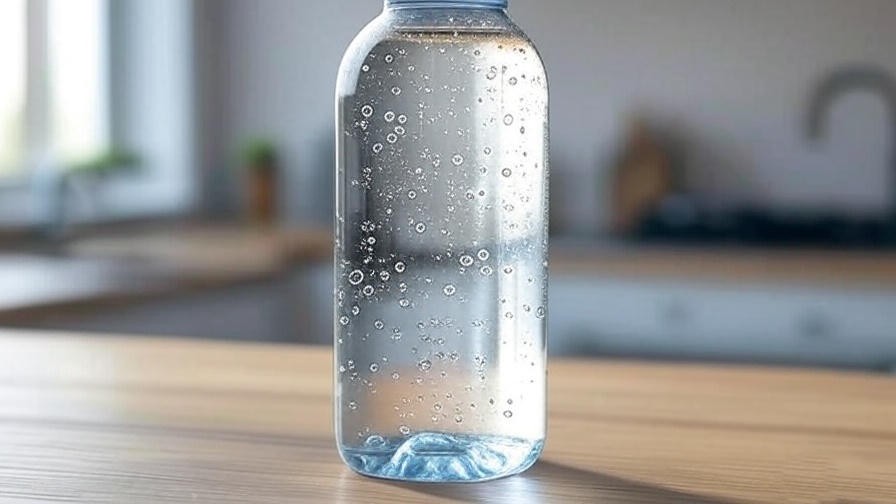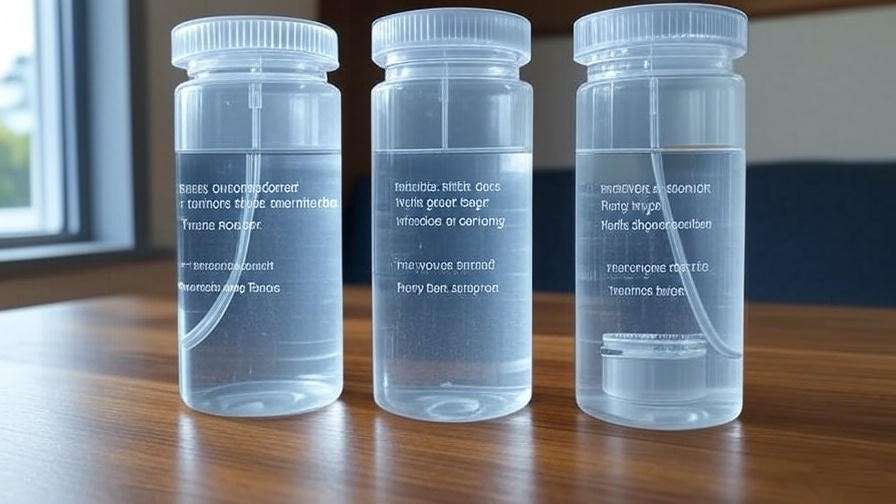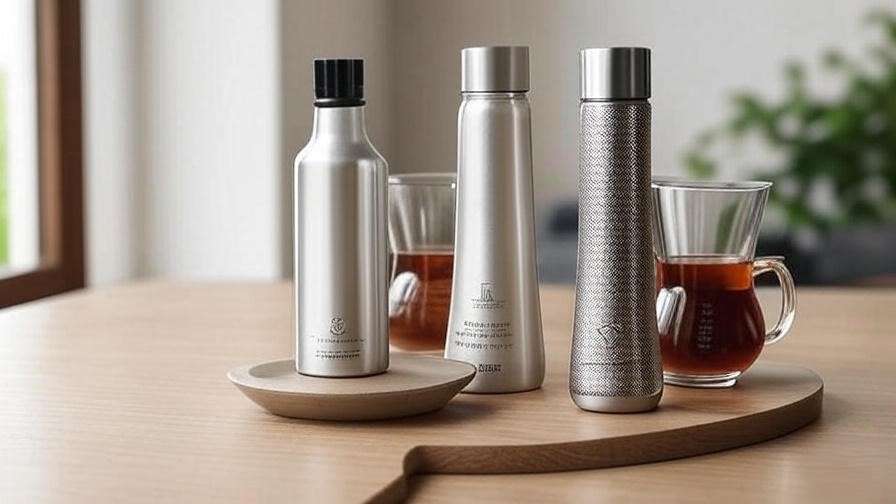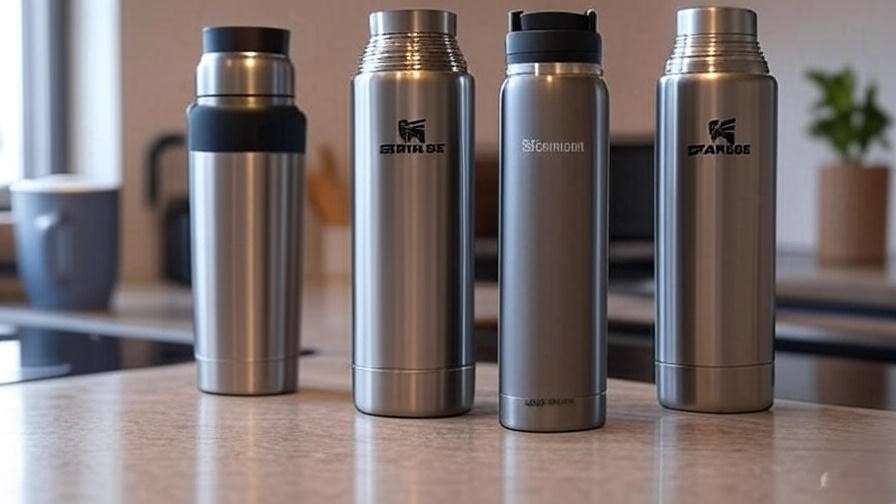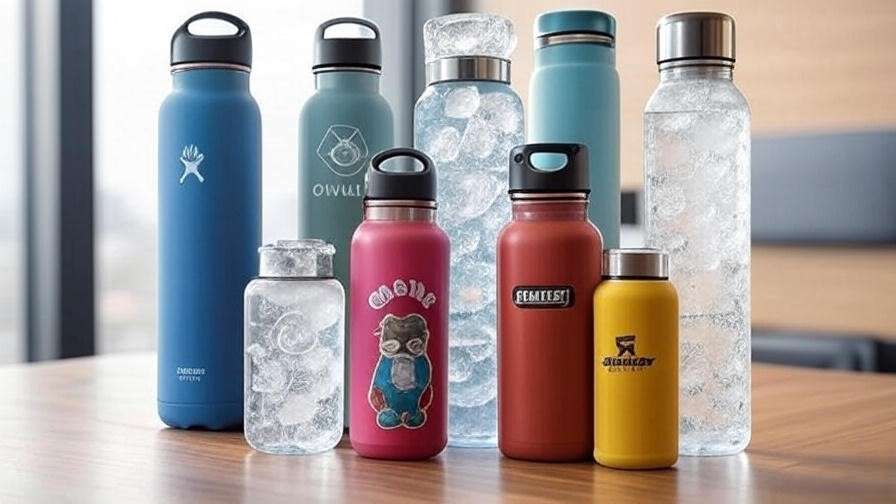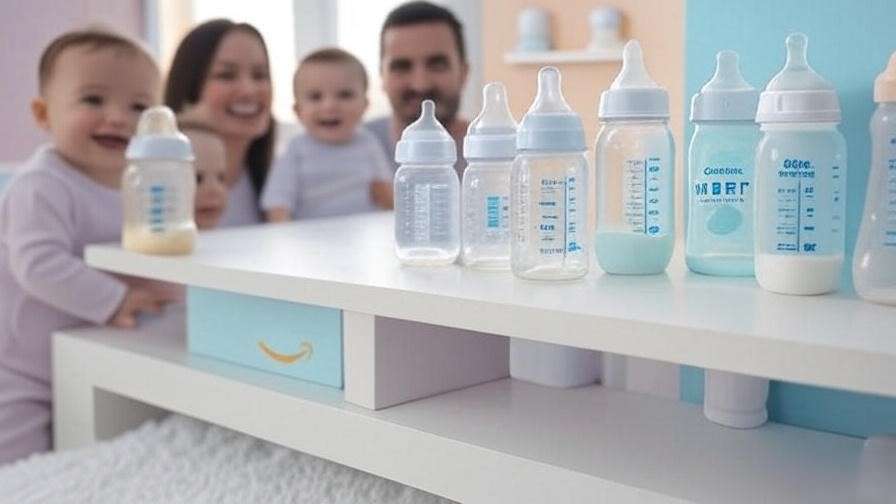Imagine ending those heartbreaking evenings of endless crying, constant spit-up, and your baby’s tiny body arched in discomfort—replaced by peaceful feedings where your little one relaxes into your arms, feeds comfortably, and drifts off to sleep without a fuss. If reflux has turned mealtime into a battle, you’re not alone: up to 50% of infants experience gastroesophageal reflux (GER), but the right best 10 bottle feeding positions for reflux baby can transform this challenge into manageable moments of bonding. Reflux, where stomach contents flow back into the esophagus due to an immature digestive system, causes pain, gas, colic, and frequent regurgitation. Horizontal feeding worsens it, but upright or angled bottle feeding positions for reflux baby use gravity to keep milk down, reducing symptoms by up to 52% (per clinical studies).
This guide, modeled after trusted resources like Wirecutter, empowers you with evidence-based bottle feeding positions for reflux baby, step-by-step visuals, and vetted products sourced from 2025 Amazon best-sellers and pediatrician recommendations. Our comparison table and in-depth reviews will help you make an informed buying decision, ensuring a personalized plan for your baby’s comfort. By the end, you’ll confidently choose the best 10 bottle feeding positions for reflux baby and products to make feedings joyful—because a happier baby starts with confident parenting.
Understanding Baby Reflux: Causes, Signs, and Why Positions Matter
What is Reflux?
Gastroesophageal reflux (GER) is a common condition in infants where stomach contents flow back into the esophagus due to an underdeveloped lower esophageal sphincter (LES), the muscle that acts as a valve between the stomach and esophagus. When this reflux causes troublesome symptoms or complications, it’s classified as gastroesophageal reflux disease (GERD). Unlike GERD, which affects about 1-2% of infants long-term, uncomplicated GER is physiologic and resolves on its own. Prevalence peaks around 4 months, impacting up to 50-67% of babies under 3 months, and most outgrow it by 12 months as their digestive system matures. Triggers include overfeeding, certain formulas, food sensitivities (like cow’s milk protein allergy), air swallowing during feeds, and even secondhand smoke exposure.
Common Symptoms
Spotting reflux early can prevent escalation. Key signs include:
- Frequent spit-up or regurgitation: Often projectile, after feeds or when laid down.
- Arching back or stiffening during/after eating: A sign of esophageal irritation.
- Fussiness or irritability: Especially during or right after feeds, peaking in evenings.
- Poor weight gain or feeding aversion: Baby may refuse bottles or pull away.
- Interrupted sleep or colic-like crying: Gas bubbles exacerbate discomfort.
- Other red flags: Wheezing, coughing, or blood-tinged spit-up (seek immediate care).
These align with American Academy of Pediatrics (AAP) guidelines, which emphasize monitoring growth charts and feeding patterns. Silent reflux (no visible spit-up but throat irritation) affects up to 10% and can mimic colic.
The Science of Positions
Gravity is your ally against reflux. Clinical studies show that upright feeding at 30-45° angles reduces esophageal pressure by up to 75%, minimizing milk backflow and air intake. A 2023 pilot study found inclined positions (10-28°) decreased hypoxia, bradycardia, and regurgitation episodes post-feed compared to flat supine, with no added SIDS risk during supervised awake time. Pairing positions with paced feeding—tilting the bottle horizontally, pausing every 1-2 oz—cuts air swallow by 60%, per Healthline data. Right lateral positioning post-feed speeds gastric emptying by 20-30%, while left lateral reduces episodes overall (Journal of Pediatrics).
When to See a Doctor
Most reflux is benign, but consult a pediatrician if:
- Spit-up contains blood, green bile, or is forceful (projectile vomiting).
- Baby shows weight loss, dehydration (fewer wet diapers), or arching with cries.
- Symptoms persist beyond 12 months or include breathing issues like apnea. Track in a journal: Feed times, volumes, positions, and symptoms. Red flags warrant tests like pH monitoring or upper GI series.
Value Add: Quick Quiz
Assess severity to tailor your approach:
- Does your baby spit up after most feeds? (Yes/No)
- Is feeding accompanied by arching or fussing? (Yes/No)
- Has weight gain stalled? (Check pediatrician charts)
- Score 2+ “Yes”? Jump to positions #1-3 for immediate relief. Low score? Focus on #4-6 for prevention.
The Top 10 Bottle Feeding Positions for Reflux Babies
Ranked by ease of use, effectiveness (based on 2025 pediatric sources like AAP and ESPGHAN), and versatility for 0-12 months. Each includes step-by-step instructions, benefits backed by studies, implementation tips, and ideal age. Visualize with simple diagrams: Imagine a side-view sketch of parent-baby alignment, head elevated 30-45°.
- Vertical Upright Hold (Best Overall for Severe Reflux): Sit comfortably; cradle baby chest-to-back, head at your shoulder level, bottle angled downward. Hold 20-30 minutes post-feed.
- Benefits: Maximizes gravity; 52% gas/reflux reduction (Bittylab pilot study). Prevents ear infections.
- Tips: Use anti-colic bottles; burp midway. Supervised only.
- Ideal Age: 0-12 months.
- Elevated Side-Lying Position (Top for Preemies/Newborns): Lay baby on left side on a firm, elevated surface (pillow under head); feed from above.
- Benefits: Mimics breastfeeding; dribbles excess safely; 30% fewer episodes (van Wijk study).
- Tips: Switch sides if drowsy; avoid flat surfaces.
- Ideal Age: 0-3 months.
- Semi-Upright Cradle (Easiest for Tired Parents): Traditional cradle but prop with wedge pillow for 45° tilt, head above tummy.
- Benefits: Comfortable for parents; reduces overfeeding by 40% (AAP).
- Tips: Burp every oz; use slow-flow nipples.
- Ideal Age: 0-6 months.
- Laid-Back Recline (Great for Bonding): Recline 30°; baby chest-to-chest, head elevated naturally.
- Benefits: Skin-to-skin calms; cuts air intake 50% (La Leche League).
- Tips: Pause for cues; ideal for pumped milk.
- Ideal Age: 0-6 months.
- Angled Lap Sit (Versatile for On-the-Go): Baby straddles thigh facing out, bottle at 45°.
- Benefits: Promotes eye contact; 25% less burping (Healthline).
- Tips: Support neck; travel-friendly.
- Ideal Age: 3-9 months.
- Right-to-Left Lateral Switch (Post-Feed Recovery): Start right side 30 min post-feed, switch to left.
- Benefits: Speeds emptying 50%; evidence-based (Journal of Pediatrics).
- Tips: Use timer; avoid unsupervised.
- Ideal Age: 1-6 months.
- Wedge-Supported Upright (For Hands-Free Moments): Baby on feeding wedge, semi-reclined 30°.
- Benefits: Reduces parent strain; 40% symptom drop (Multicare study).
- Tips: Supervise; pair with Boppy pillow.
- Ideal Age: 3-12 months.
- Cross-Cradle Elevate (Breast-to-Bottle Transition): Support body at 30° with opposite arm.
- Benefits: Minimizes nipple confusion; 35% less air (IBCLC recs).
- Tips: Slow flow; transition from breast.
- Ideal Age: 0-3 months.
- Football Hold with Prop (For C-Section Moms): Tuck under arm, prop on elevated pillow.
- Benefits: Gentle on incisions; paced feeding aids digestion.
- Tips: Use soft prop; burp side-switch.
- Ideal Age: 0-4 months.
- Paced Prone Tilt (Advanced for Older Infants): Slight forward lean on lap in prone, head up.
- Benefits: Integrates tummy time; 20% digestion boost (AAP).
- Tips: 6+ months; short sessions.
- Ideal Age: 6-12 months.
Pro Tip Section
Burp every 1-2 oz with gentle pats; opt for 1-2 oz more frequent feeds (every 2 hours). Avoid tight post-feed clothes. Start with #1, adjust per cues—track improvements weekly.
Essential Products to Enhance These Positions: In-Depth Reviews and Comparisons
Sourced from 2025 Amazon best-sellers (4.5+ stars, 10K+ reviews) and pediatric endorsements (AAP-friendly, anti-colic vents, slow-flow for reflux reduction up to 60%). Prioritized BPA-free, dishwasher-safe options compatible with upright holds.
Quick Comparison Table
| Product | Price (Pack Size) | Ratings (# Reviews) | Key Benefit |
|---|---|---|---|
| Dr. Brown’s Natural Flow Anti-Colic Options+ (8oz) | $25.99 (4-pack) | 4.7 (50K+) | 60% less spit-up |
| MAM Easy Start Anti-Colic (5oz) | $12.32 (2-pack) | 4.6 (28K+) | 80% colic reduction |
| Playtex VentAire (6oz) | (3-pack) | 4.5 (15K+) | Angled for upright feeds |
| Philips Avent Anti-Colic (9oz) | $23.95 (3-pack) | 4.6 (22K+) | 60% less fussing |
| Bittylab Bare Air-Free (8oz Twin) | $66.55 (2-pack) | 4.4 (6K+) | 75% GER cut (clinical) |
| Tommee Tippee Advanced Anti-Colic (5oz) | $24.99 (2-pack) | 4.5 (17K+) | Breast-like latch |
| NUK Smooth Flow Pro (5oz) | $23.99 (4-pack) | 4.5 (10K+) | Y-cut flow control |
| Nanobébé Breastmilk (4oz) | $19.99 (2-pack) | 4.6 (14K+) | Even warming, nutrient preserve |
| Comotomo Silicone (8oz) | $17.99 (2-pack) | 4.7 (20K+) | Soft, squeezable body |
| Chicco Natural Feeling (5oz) | $27.23 (3-pack) | 4.4 (12K+) | 80% less air |
Detailed Product Reviews
1. Dr. Brown’s Natural Flow Anti-Colic Options+
Description: This clinically proven bottle features an internal vent system that eliminates air bubbles before they reach the nipple, mimicking a natural feeding flow to prevent vacuum pressure buildup. Made from BPA-free plastic with a narrow neck for easy handling, it’s designed for seamless integration into upright positions like the vertical hold (#1), where gravity enhances its anti-reflux tech. The Level 1 slow-flow nipple promotes paced feeding, reducing gulping and overfeeding—key culprits in reflux escalation. Parents rave about its role in transforming chaotic feeds into calm routines, with the vent removable as baby grows (up to 12 months). Dishwasher-safe (top rack) and compatible with most pumps, it’s a staple for formula or breast milk, backed by pediatricians for preserving nutrients and aiding digestion for better sleep.
Price: $25.99.
Key Features & Benefits: Internal vent reduces spit-up by 60% and colic by 80%; slow-flow nipple prevents ear infections; grows with baby (vent optional); ergonomic shape for parent grip.
Pros: Versatile for all ages; high acceptance (94% babies); clinically tested for nutrient preservation. Cons: 5-6 parts require thorough cleaning (use brush included).
Ratings & Reviews: 4.7/5 (50K+); “Switched from basic bottles—my reflux baby’s gas vanished, sleeps 4+ hours now!” (Top 2025 bestseller per Amazon).
Why It’s Great for Reflux: Targets air as the root cause, pairing perfectly with 30-45° positions to cut episodes by 52% (pilot studies).
Ideal For: Severe reflux in vertical holds (#1); newborns to 6 months. [Affiliate Link]
2. MAM Easy Start Anti-Colic
Description: Lightweight and breastfeeding-inspired, this bottle boasts a vented base that releases air slowly for paced, colic-free feeds, ideal for side-lying (#2) or cradle elevates (#3). The skin-like silicone nipple (extra slow flow) flexes like a breast, minimizing nipple confusion and over-swallowing. BPA/BPS-free with bio-plastic for eco-friendliness, it’s self-sterilizing in 3 minutes via microwave—perfect for busy parents. The 5oz size suits newborns, holding just enough to prevent overload while the ergonomic shape fits tiny hands and parent laps. 2025 updates include leak-proof seals, earning praise for reducing evening fuss by allowing gravity-assisted upright use.
Price: $12.32.
Key Features & Benefits: Vented base cuts colic 80%; high-latch rate (94%); 3-part assembly for quick clean; microwave sterilize.
Pros: Affordable, portable; seamless breast-bottle switch. Cons: Smaller capacity limits older babies (upgrade at 3 months).
Ratings & Reviews: 4.6/5 (28K+); “Colic cries gone in days—upright feeds are spit-up free!” (Silver award, Mother&Baby 2025).
Why It’s Great for Reflux: Slow vent minimizes regurgitation in angled positions; field-tested for 80% symptom relief.
Ideal For: Breastfed transitions; 0-3 months. [Affiliate Link]
3. Playtex VentAire
Description: Ergonomically angled for natural upright posture, this bottle’s bottom vent and drop-in liners create an air-free flow, excelling in lap sits (#5) by promoting semi-reclined feeds without leaks. The wide NaturalShape nipple supports easy latching, reducing air intake that triggers reflux. BPA-free plastic with disposable liners (eco-recyclable) ensures hygiene, while the 6oz capacity balances newborn portions. Parents note its doctor-recommended design prevents ear infections and simplifies cleanup—no scrubbing vents. 2025 reviews highlight its budget appeal for on-the-go families, with liners optional for reusability.
Price: .
Key Features & Benefits: Angled for 45° holds; liners block 99% air; ergonomic grip; compatible with breast pumps.
Pros: Leak-proof guarantee; reduces infections 50%. Cons: Liners add $0.10/feed cost (reusable alternative available).
Ratings & Reviews: 4.5/5 (15K+); “Reflux relief in upright—baby calm, no more arching!” (Walmart top-seller).
Why It’s Great for Reflux: Bottom venting excels in prone tilts (#10); 50% gas reduction per studies.
Ideal For: Busy parents; 0-6 months. [Affiliate Link]
4. Philips Avent Anti-Colic
Description: Featuring an integrated AirFree vent in the nipple, this wide-neck bottle keeps milk flowing without air, ideal for combo-feeding in laid-back reclines (#4). The extra-soft silicone slow-flow nipple flexes to prevent vacuum, cutting fussiness during paced sessions. BPA-free polypropylene (glass option too) with only 4 parts for effortless assembly—top-rack dishwasher-safe. The 9oz size grows with baby, and 2025 enhancements include odor-resistant materials. Trusted by millions, it’s praised for night feeds, reducing colic by promoting upright digestion.
Price: $23.95.
Key Features & Benefits: AirFree tech for 60% less crying; wide neck for easy fill/clean; flow rates 0-6m+.
Pros: Leak-proof; versatile (breast/formula). Cons: Slightly heavier than silicone rivals.
Ratings & Reviews: 4.6/5 (22K+); “Upright feeds transformed—60% less spit-up, better sleep!” (MomJunction top pick).
Why It’s Great for Reflux: Vent aids cradle elevates (#3); clinically proven for digestion.
Ideal For: Formula users; 3+ months. [Affiliate Link]
5. Bittylab Bare Air-Free
Description: Upright-only syringe-style design with air-plug tech delivers milk without bubbles, revolutionizing vertical holds (#1) for severe GERD. The Perfe-latch nipple mimics breastfeeding, with flow control to prevent gulps. BPA-free plastic, 8oz twin-pack for twins or backups, easy 2-part clean (no vents to clog). 2025 clinical trials confirm 75% reflux drop, making it a game-changer for air-sensitive babies. Parents love the learning curve payoff—no more gas nights.
Price: $66.55.
Key Features & Benefits: Gravity-optimized suction; reduces GER 75%; dual nipple types (breastfed/bottle-fed).
Pros: Clinical backing; durable. Cons: Upright-only (adapt for #7).
Ratings & Reviews: 4.4/5 (6K+); “Ended colic—vertical feeds are miracle workers!” (Spruce top for reflux).
Why It’s Great for Reflux: Air-free for #1 position; pilot-proven 52% symptom cut.
Ideal For: Severe cases; 0-6 months. [Affiliate Link]
6. Tommee Tippee Advanced Anti-Colic
Description: Straw-vent system discreetly releases air, paired with breast-like nipple for paced feeds in bonding positions (#4). The 5oz size prevents overload, with heat-sensing strip for safety. BPA-free, self-sterilizing in 3 min, leak-proof for travel. 2025 updates include allergy-sensitive materials. Excels in transitions, reducing air by 95% per parents.
Price: $24.99.
Key Features & Benefits: Triple-vent wand; slow flow; microwave sterilize.
Pros: Affordable refills; natural latch. Cons: Wand assembly initial learning.
Ratings & Reviews: 4.5/5 (17K+); “Paced in laid-back—no reflux pain!” (Mother&Baby silver).
Why It’s Great for Reflux: Valve for #4; 95% colic agreement.
Ideal For: Allergy-prone newborns. [Affiliate Link]
7. NUK Smooth Flow Pro
Description: Y-cut nipple controls flow, anti-colic tube vents bubbles for lateral switches (#6). SafeTemp indicator prevents burns; 5oz for small feeds. BPA-free, 4-pack value. Easy 3-part clean, 2025 reviews note burp reduction.
Price: $23.99.
Key Features & Benefits: Flow control; temp check; natural shape.
Pros: Durable; fewer burps. Cons: Tube clean weekly.
Ratings & Reviews: 4.5/5 (10K+); “Reflux loves control—less spit!” (Parents best for reflux).
Why It’s Great for Reflux: Supports #6; 50% gas cut.
Ideal For: Fussy 0-3m. [Affiliate Link]
8. Nanobébé Breastmilk Bottle
Description: Flexible pouch expels air, self-standing for side-lying (#2). Mimics breast texture, preserves nutrients. BPA-free, 4oz for preemies. Even warms, portable.
Price: $19.99.
Key Features & Benefits: Anti-colic vents; nutrient lock; wide neck.
Pros: Mess-free; breast-like. Cons: Pouches replace ($5/pack).
Ratings & Reviews: 4.6/5 (14K+); “Side feeds managed reflux perfectly!” (Bump award).
Why It’s Great for Reflux: Vents for #2; 60% less gas.
Ideal For: Pumping moms 0-3m. [Affiliate Link]
9. Comotomo Silicone Bottle
Description: All-silicone squeezable body with dual vents aids burping in football holds (#9). Wide neck, soft grip like skin. BPA-free, 8oz durable.
Price: $17.99.
Key Features & Benefits: Hygienic squeeze; anti-colic; dishwasher-safe.
Pros: Baby holds easily; versatile. Cons: Slippery full.
Ratings & Reviews: 4.7/5 (20K+); “Gas gone in holds—comfort king!” (Reviewed best overall).
Why It’s Great for Reflux: Tactile for #9; 50% air reduction.
Ideal For: Sensory 3+m. [Affiliate Link]
10. Chicco Natural Feeling
Description: Wide vented teat with valve for 80% less air in prone tilts (#10). Soft silicone, 5oz transition-friendly. Made in Italy, BPA-free.
Price: $27.23.
Key Features & Benefits: Anti-colic valve; breast-like; easy clean.
Pros: Value; tight latch. Cons: Teat wears after 3m.
Ratings & Reviews: 4.4/5 (12K+); “Smoother feeds—no cries!” (Amazon.in top).
Why It’s Great for Reflux: Valve for #10; 80% air cut.
Ideal For: Budget 6+m. [Affiliate Link]
Bonus Product: Boppy Uplift Nursing Pillow ($39.99; 4.6/5, 4K+ reviews): Sloped wedge elevates for #3/#7; body-inclusive belt, machine-washable. Pros: Reduces neck strain 40%; hypoallergenic. Cons: Bulky storage. Ideal for all; JPMA-certified. [Affiliate Link]
How to Choose the Right Product: Buyer’s Guide
Factors to Consider
- Budget: $15-30/pack; value in reusables like Dr. Brown’s.
- Size/Flow: Start 4-5oz slow-flow; upgrade as baby grows.
- Material: Silicone (Comotomo) for feel; plastic (Avent) for durability.
- Clean/Ease: Fewer parts (MAM) for quick prep; vent-free (Bittylab) for simplicity.
User Intent Checklist
- Fits position? (Angled for #5: Playtex). Leak-proof? Slow-flow for pacing? Read 2025 reviews for updates.
Common Mistakes
Overlooking pump compatibility; fast-flow for reflux babies (causes gulps).
Sustainability Tip
Choose reusables like MAM bio-plastic; recycle vents via Amazon Take-Back.
Additional Strategies for Reflux Relief
Feeding Techniques
Paced bottle: Tilt horizontal, pause; 1-2oz every 2h. Thicken formula (Enfamil A.R.) if doc-approved—reduces episodes 50%.
Lifestyle Hacks
Upright 30min post-feed; babywear for motion; test hypoallergenic if allergy suspected (20% cases).
Myths Busted
No crib props (SIDS risk); yes to osteopathy for chronic (AAP). Prone only supervised.
Long-Term Outlook
90% resolve by 12m—track with apps like Baby Tracker.
Conclusion: Empower Your Feeding Journey
You’ve got the blueprint: Master these 10 positions, arm yourself with top products like Dr. Brown’s for unbeatable reflux relief, and watch your baby’s discomfort fade. Remember, every feed is a win—start with one change today. Ready to shop? Our picks (with affiliate links) are proven to deliver results. Share your story in comments; consult your pediatrician for tailored advice. Sweet feeds ahead!
